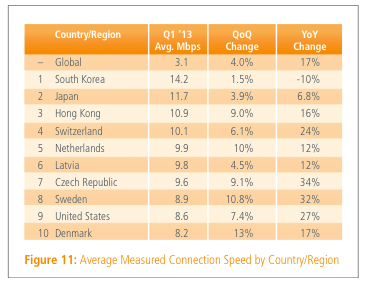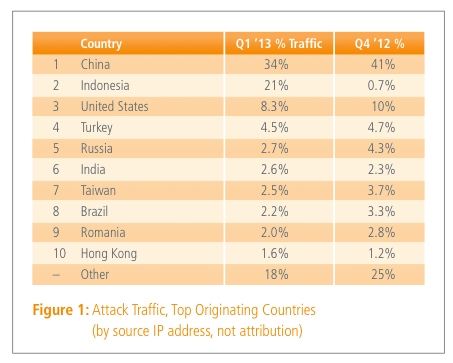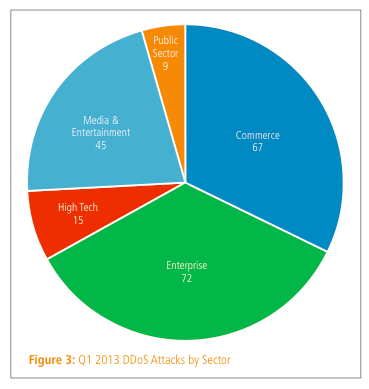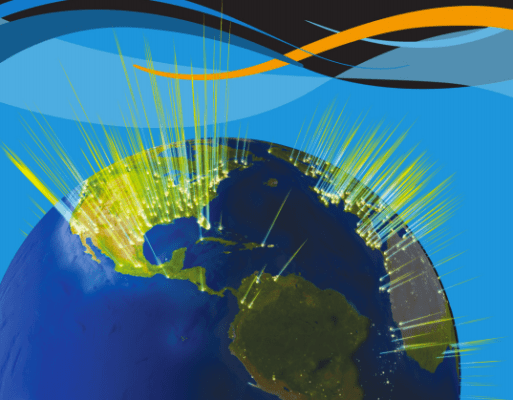Akamai has today released its Q1 State of the Internet report detailing the latest figures in online and mobile usage and current security threats. The topline figure is that our connected world is getting more connected. There are now nearly 734 million addresses in use worldwide, the company says. Akamai estimates that this works out to over 1 billion users because of device sharing. This represents growth of some 10 percent on last year — still a healthy number, despite the gradual exhaustion of IPv4 numbers, which alone are now around 700 million of that total IP address number.
We have embedded the full 40-page report below; here are some of the more important takeaways:
Where will you typically see the fastest Internet? According to Akamai, that title will continue to go to Asia, where South Korea currently offers the fastest speeds on average, at 14.2 megabits per second; Japan in second (11.7Mbps) and Hong Kong third (10.9Mbps). The U.S. is still at the bottom end of the world’s top 10 fastest mobile networks, currently at No. 9 with 8.6Mbps. Interestingly South Korea is actually down by 10 percent on last year, while the U.S. is pushing hard to catch up, as it is up 27 percent — with the global increase at 17 percent to 3.1Mbps.

What about on mobile? As a mark of how the story of the Internet in emerging markets is one of mobile and not fixed broadband, it’s noticeable that countries like China, Brazil and India are absent from the above list. However, when you go to which country has the fastest mobile network, it’s a BRIC win: A mobile operator in Russia — which Akamai notes only as RU1 — is the fastest at 8.6Mbps — that’s right, just as fast as the average fixed broadband in the U.S.
In terms of the fastest peak speed, this came out of Hong Kong with 43.7Mbps.
What are the biggest security threats? Akamai, as a CDN, also has broken out some statistics on where attacks are originating, as well as what the top targets are today. China remains the biggest country in terms of originating attack traffic, at 34 percent. This is actually down by 7 percentage points from Q4 2012, and at the same time, another country is emerging: Indonesia, which accounted for only 0.7 percent of attacks in Q4 but now represents 21 percent of all malicious Internet traffic.

Akamai does not go into any detail to give a “why” behind what is going on here — we’re reaching out to ask — but it does note that the traffic is concentrated in a couple of key ports. Port 445 (Microsoft-DS) — used for file sharing over TCP — remained the most targeted port, with HTTP and then HTTPS (SSL) in Nos. 2 and 3, likely because these remain the most popular routes for usage on the Internet.
In terms of who is most vulnerable, enterprises remain the biggest target, likely for being potentially the highest reward for those hacking. Enterprise accounted for 35 percent of all attacks (67 in the Akamai sample size), up 14 percent, while e-commerce was at 32 percent and media was at 22 percent — all compared to the quarter before.

